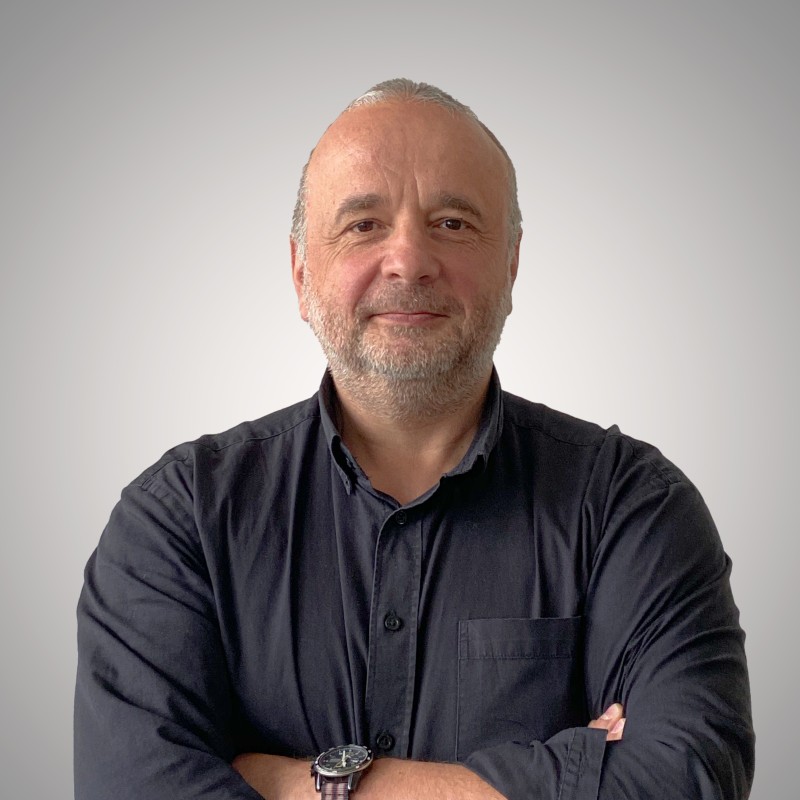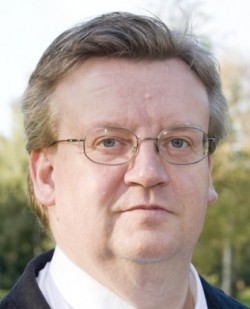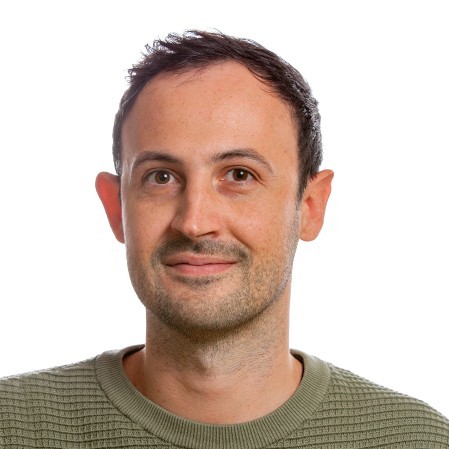Thierry Monteil




Produce and maintain standards for meter data exchange protocols, for use over short range wireless networks with meshing functionality. Note: Work will be based on existing ZigBee specifications.
A common framework for sensor performance specification terminology, units, conditions, and limits is provided. Specifically, the accelerometer, magnetometer, gyrometer/ gyroscope, accelerometer/magnetometer/gyroscope combination sensors, barometer/pressure sensors, hygrometer/humidity sensors, temperature sensors, light sensors (ambient and RGB), and proximity sensors are discussed.
Prepare a standard for the lower layers for uni and bi-directional meters data exchange by radio frequency communication. (see resolutions 2& 3/1999).
IoT devices represent a wide variety of non-traditional devices that are increasingly implemented in organizations due to the numerous benefits. These unique devices often pose a security challenge due to the limited size and lack of innate security making them difficult to secure with traditional security controls and methodologies. It is a combination of these factors that has rendered many devices vulnerable to attacks like the Mirai botnet. The IoT Working Group's mission is dedicated to understanding relevant use cases for IoT deployments and defining actionable guidance for security practitioners to secure their IoT ecosystem. This includes outlining best practices for securing IoT implementations, identifying gaps in standards coverage for IoT security, and identifying threats to IoT devices and implementations.
The present document describes the oneM2M defined information model for home appliances, including the description of how it is mapped with other information models from external organizations. It also explains the ontology for the home domain information model.
The present document specifies the architectural options, resources and procedures needed to pre-provision and maintain devices in the Field Domain (e.g. ADN, ASN/MN) in order to establish M2M Service Layer operation between the device's AE and/or CSE and a Registrar and/Hosting CSE. The resources and procedures includes information about the Registrar CSE and/or Hosting CSE needed by the AE or CSE to begin M2M Service Layer operation.
The present document specifies the oneM2M and AllJoyn® interworking technologies that enable AllJoyn® Applications and oneM2M entities produce/consume services.
The OASIS Advanced Message Queuing Protocol (AMQP) Bindings and Mappings (AMQP-BINDMAP) Technical Committee works closely with the AMQP TC to advance a wire-level messaging protocol that offers organizations an efficient, reliable approach to passing real-time data and business transactions. AMQP provides a platform-agnostic method for ensuring information is safely transported between applications, among organizations, within mobile infrastructures, and across the Cloud.
The OASIS AMQP TC advances a vendor-neutral and platform-agnostic protocol that offers organizations an easier, more secure approach to passing real-time data streams and business transactions. The goal of AMQP is to ensure information is safely and efficiently transported between applications, among organizations, across distributed cloud computing environments, and within mobile infrastructures. AMQP avoids proprietary technologies, offering the potential to lower the cost of enterprise middleware software integrations through open interoperability. By enabling a commoditized, multi-vendor ecosystem, AMQP seeks to create opportunities for transforming the way business is done in the Cloud and over the Internet.